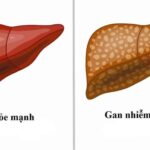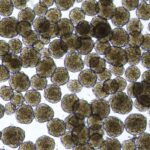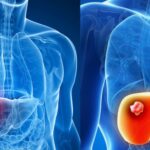Individuals with Liver Conditions and a Family History of Liver Cancer
Those with viral hepatitis B or C, cirrhosis, fatty liver disease, or a family history of liver cancer should undergo liver cancer screening. It is imperative that individuals with active hepatitis B or C receive timely treatment to reduce the risk of complications leading to liver cancer. Viral hepatitis B and C are the primary causes of primary liver cell cancer.
Additionally, autoimmune hepatitis, often accompanied by other autoimmune diseases such as type 1 diabetes, Graves’ disease, rheumatoid arthritis, or lupus, requires treatment to prevent future liver damage.
Obese and Diabetic Individuals
The incidence of liver cancer has significantly increased in individuals with a combination of obesity and diabetes in recent years. High blood sugar and fat levels can accumulate in the liver, causing cell damage and increasing the risk of cirrhosis and liver cancer.
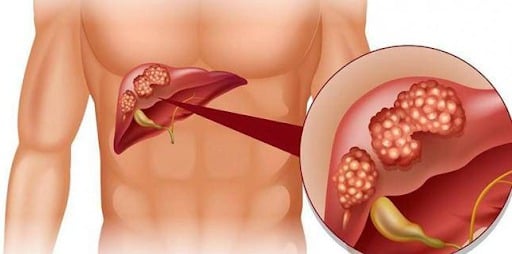
Heavy Alcohol Consumers
Regular alcohol consumption can stimulate the rapid development of cancer-causing genes, leading to early-onset cancer. Acetaldehyde, a byproduct of alcohol metabolism, weakens the cell’s DNA repair ability, causing cellular mutations and the formation of cancerous tumors.
Moreover, excessive alcohol intake overburdens the liver’s detoxification function, resulting in severe liver cell damage, scar tissue formation, cirrhosis, and an increased propensity for liver cancer.
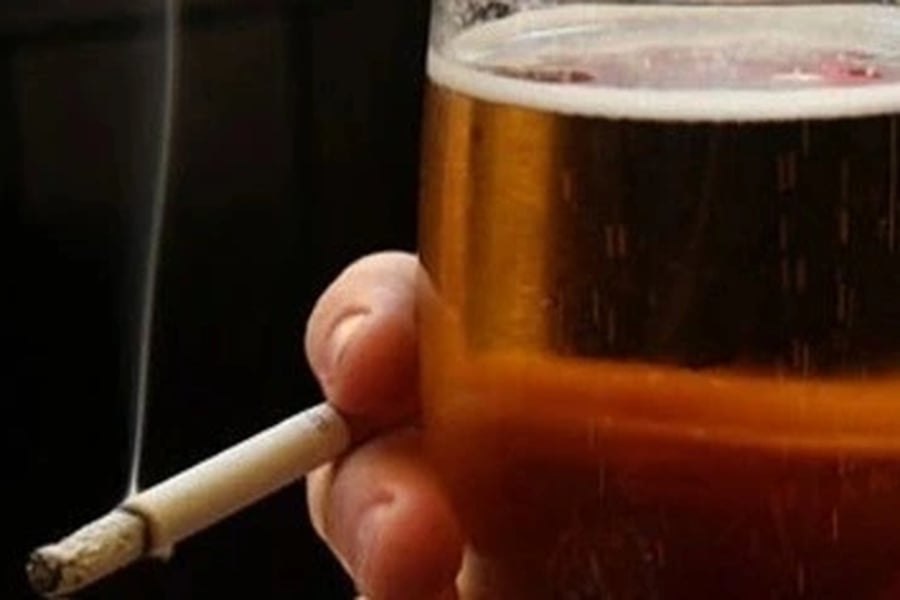
Consumers of Moldy Food Products
Aflatoxin, a potent liver carcinogen produced by mold, induces mutations in the p53 gene, heightening the likelihood of liver cancer. Mold commonly occurs in food stored in damp, warm environments, including rice, peanuts, soybeans, wheat, and corn.
Individuals Who Frequently Consume Raw or Undercooked Meat Contaminated with Flukes
Raw or undercooked dishes, particularly raw meat dishes like ‘goi’, may harbor flukes if not properly prepared. Certain flukes, such as the large and small liver flukes, can invade the body and target the liver, increasing the risk of liver cancer.
Substance and Chemical Abusers
Prolonged use of certain substances and exposure to specific chemicals can damage the liver and increase the risk of liver cancer. Thorotrast, previously used in diagnostic imaging, and vinyl chloride, used in the plastic industry, are potential risk factors.
Stimulant Users
Stimulants such as tobacco and caffeine, when consumed in high quantities over extended periods, can contribute to liver problems, including liver cancer.
According to experts, liver cancer screening is not overly complicated. Doctors typically recommend testing liver cancer markers (Alpha-fetoprotein – AFP) and performing a liver ultrasound to assess the initial risk. If suspicions arise, further tests may be advised for an accurate diagnosis.
“Frequent Nighttime Urination Could Be More Than a Kidney Issue: 4 Serious Health Conditions You Should Know About”
It is a common misconception that frequent urination at night, known as nocturia, is solely indicative of kidney problems. However, at least four other health conditions can cause this symptom. Ignoring these signs could mean missing the opportunity to treat these underlying issues in their early stages.

























